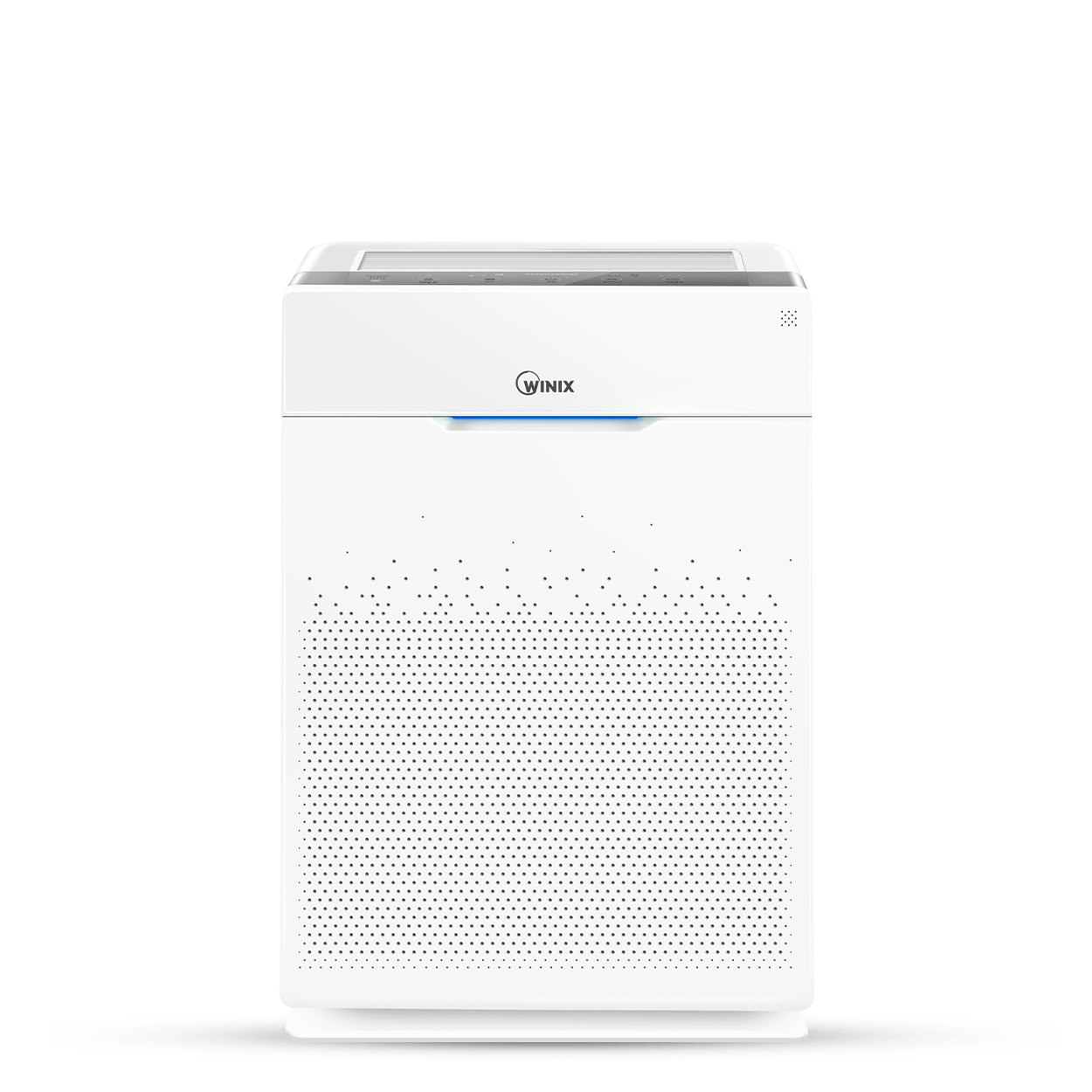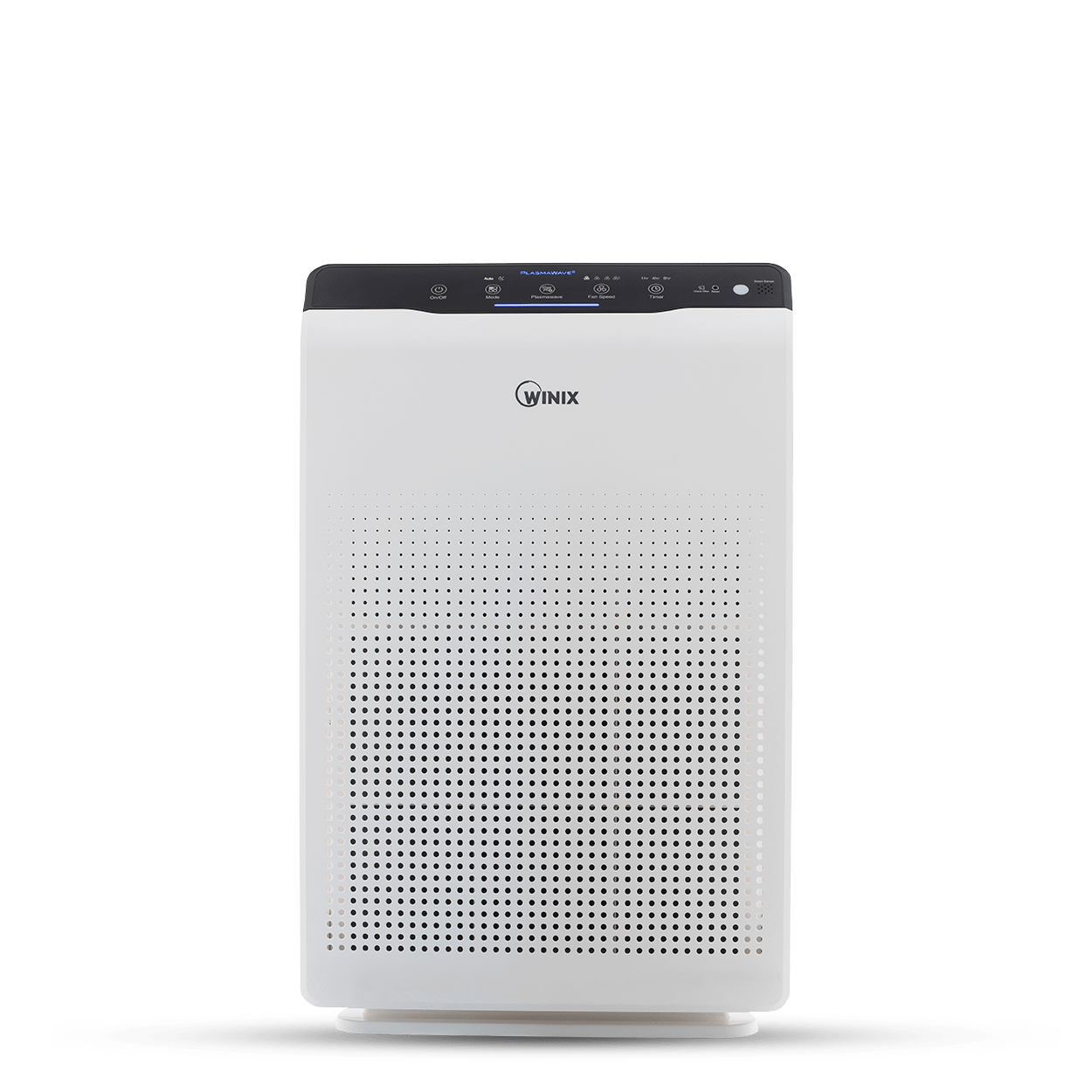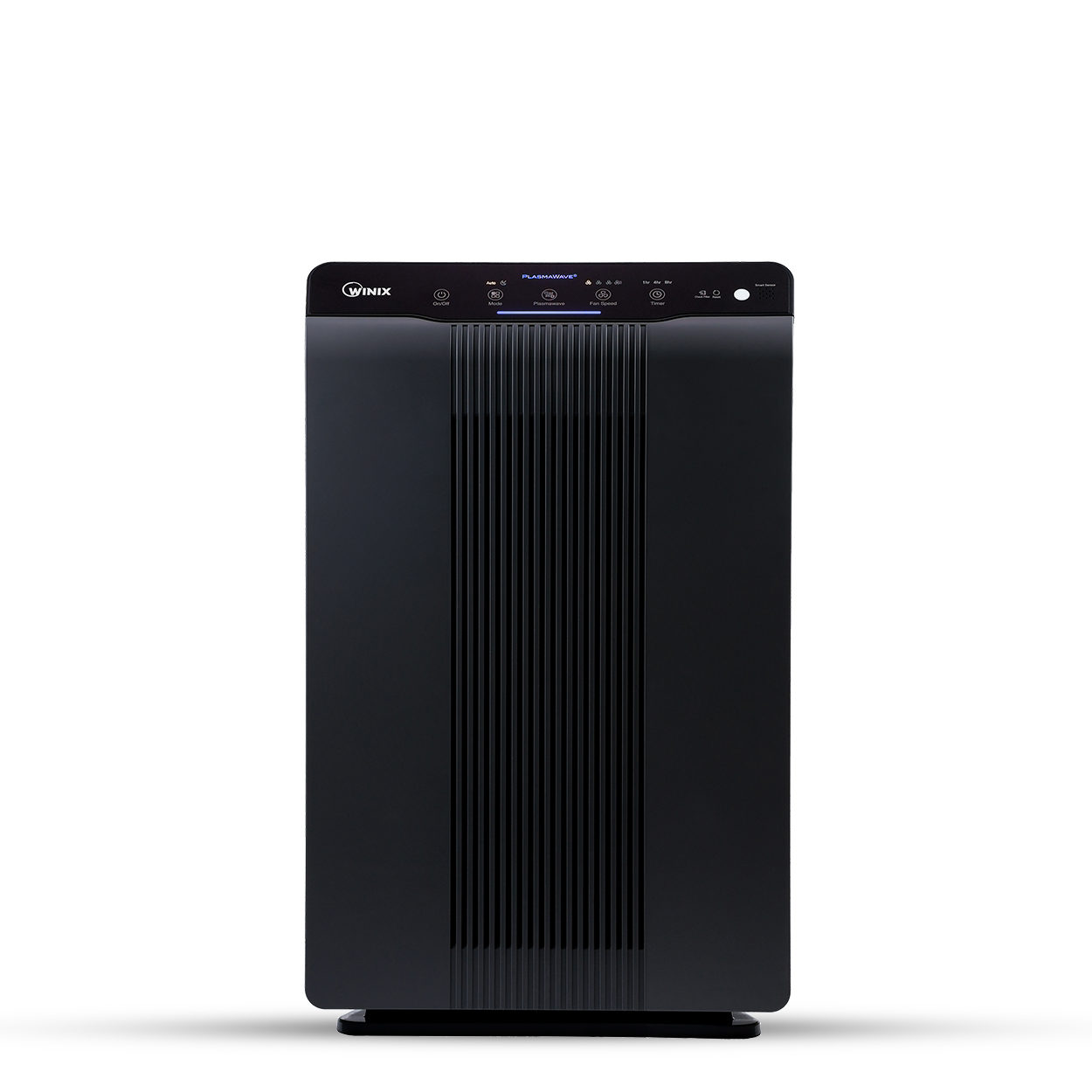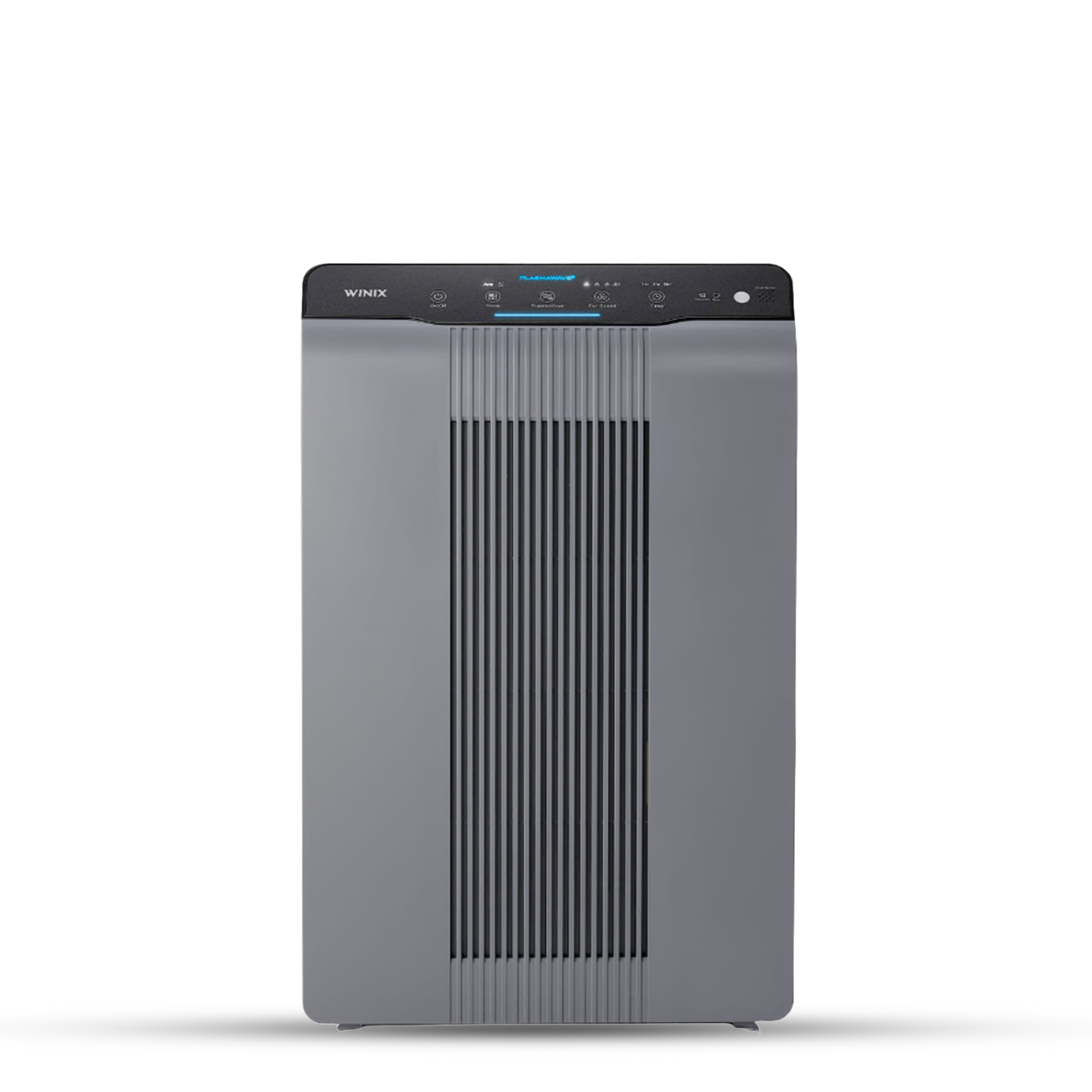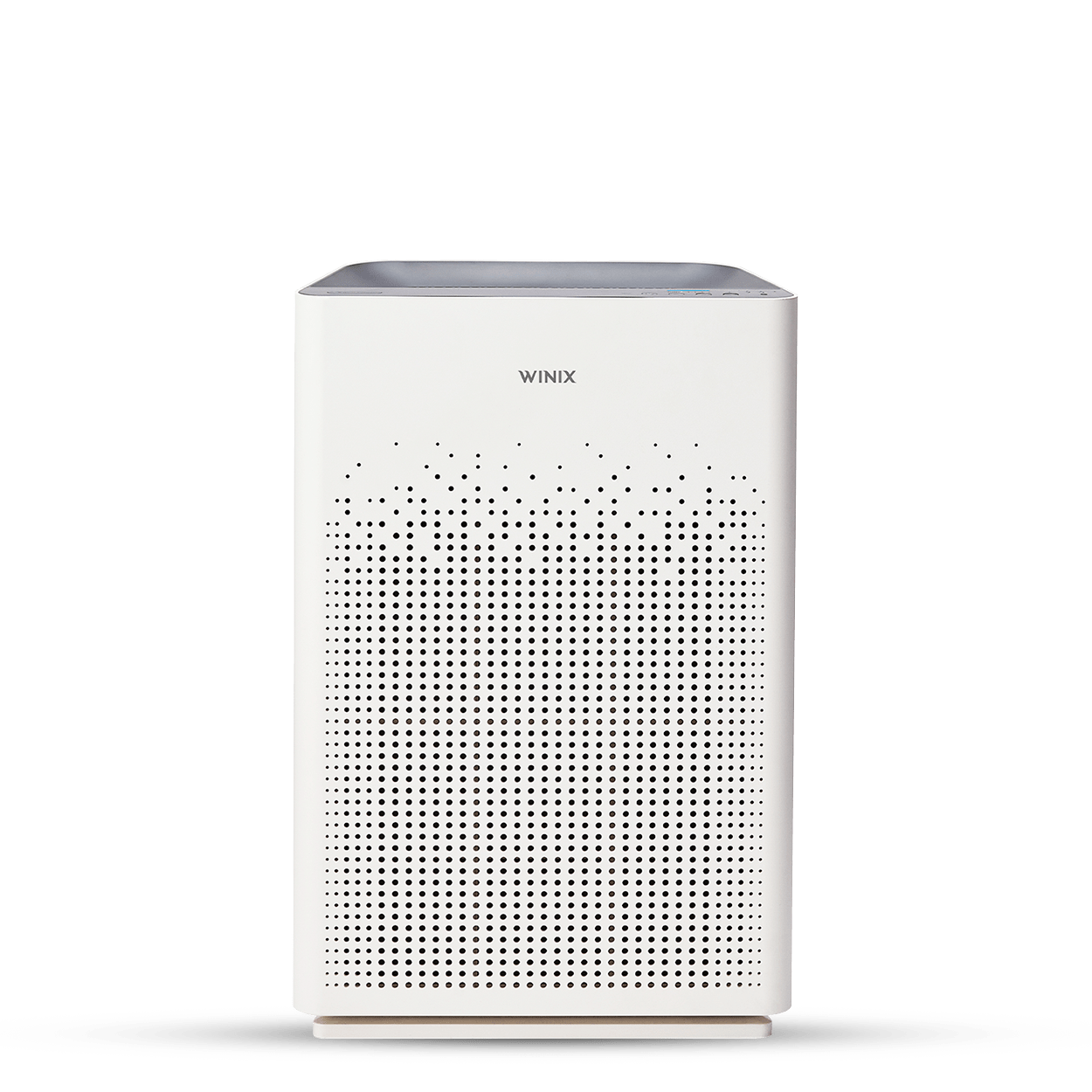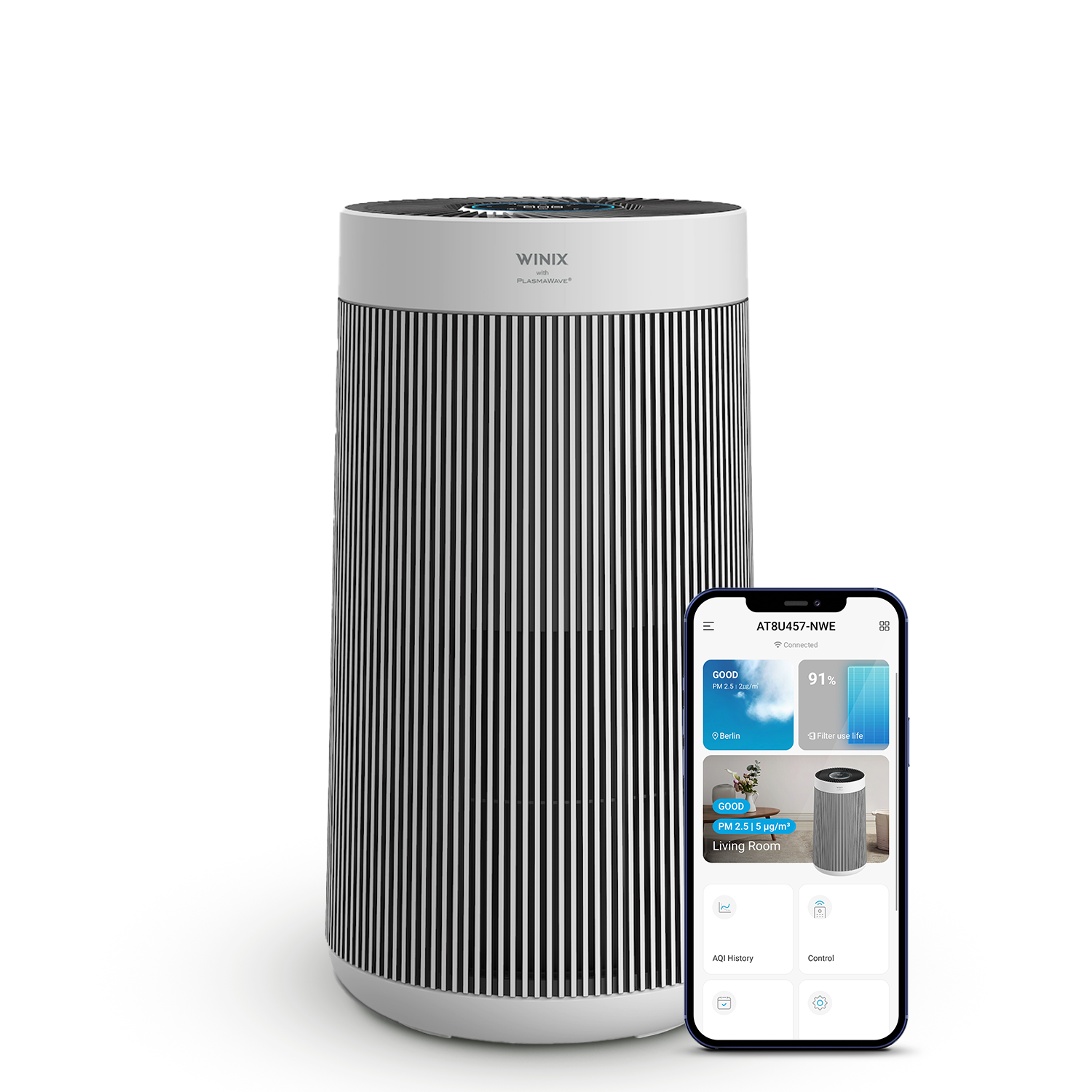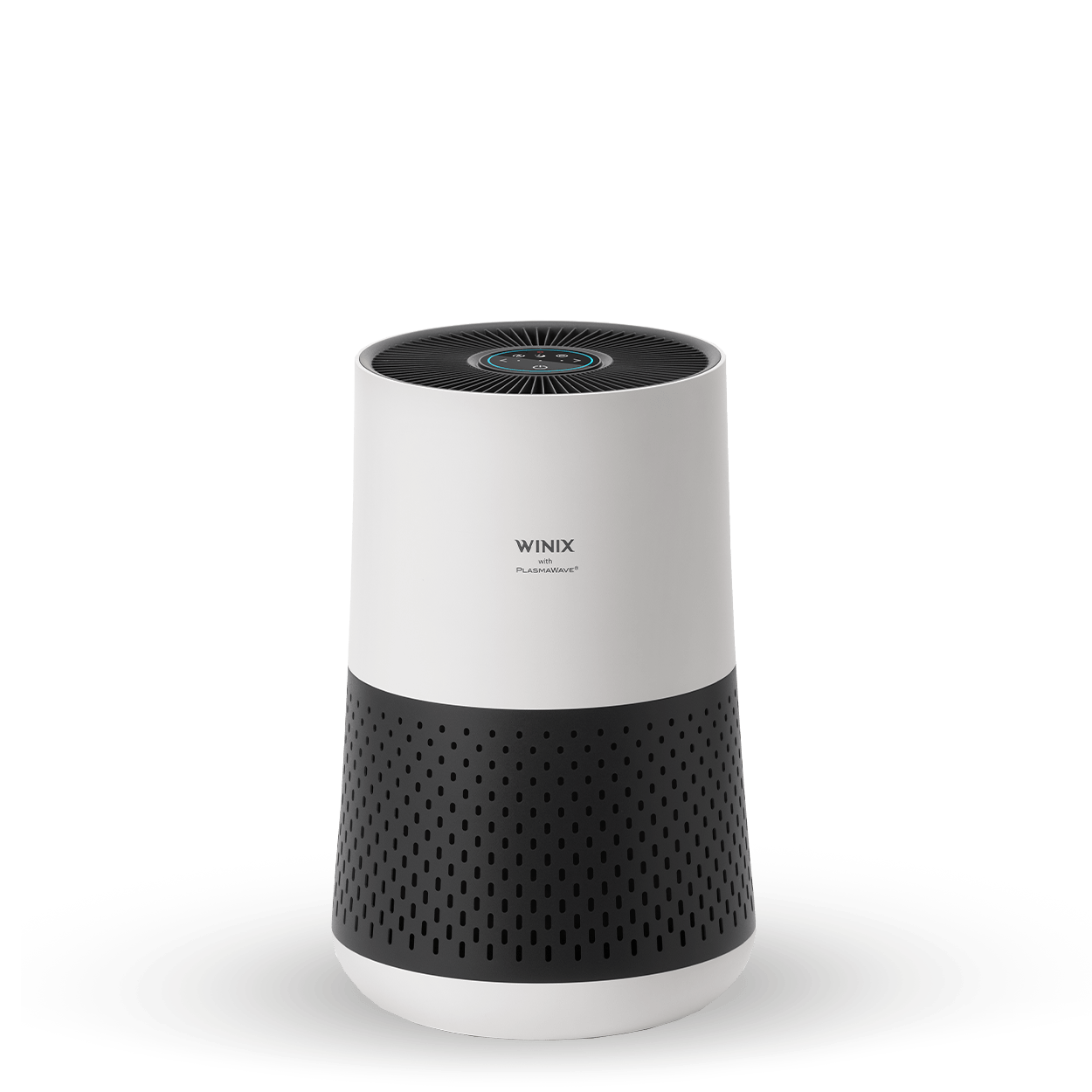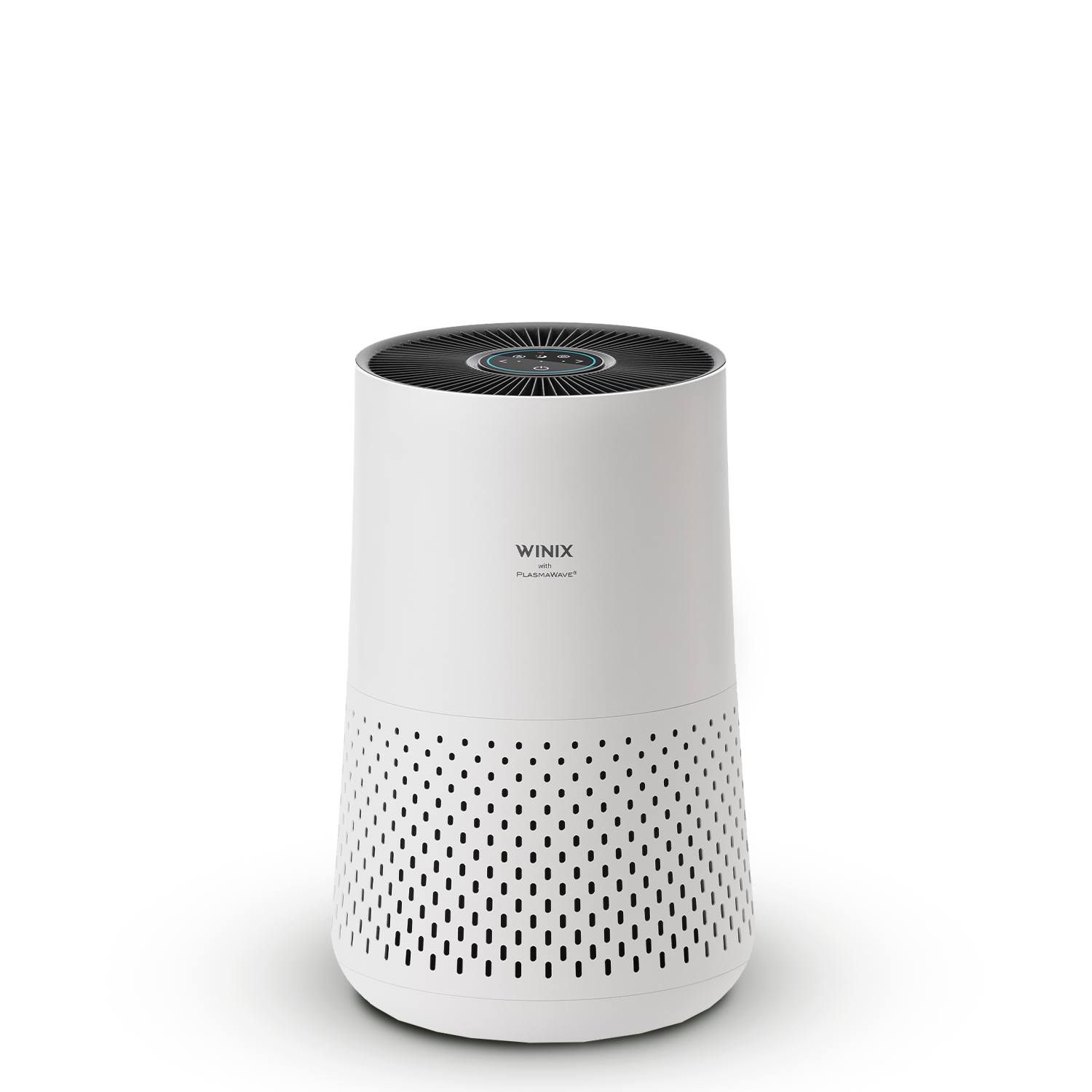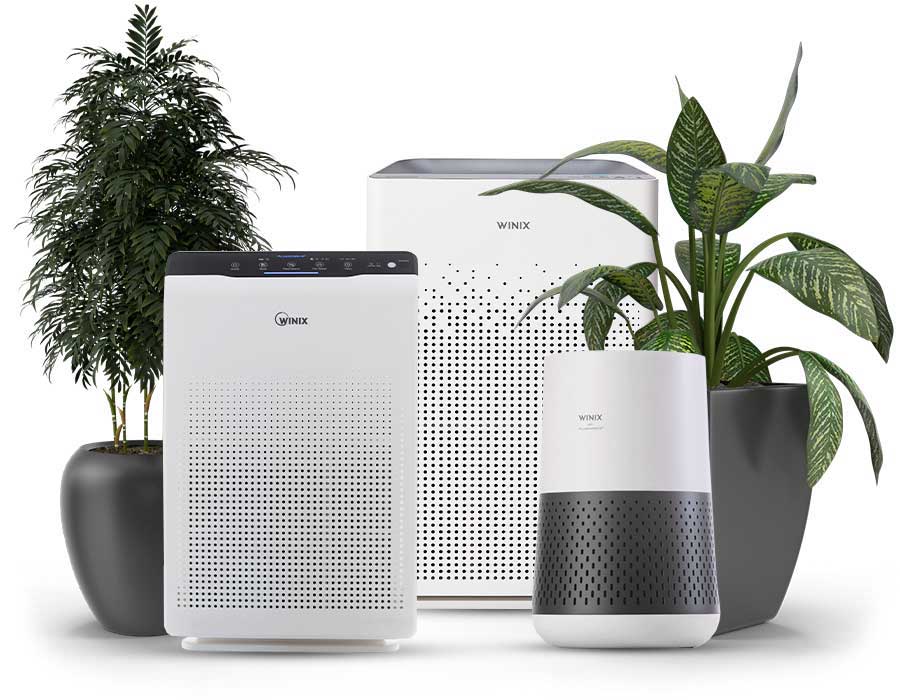How does air pollution affect children?
Air Purifier and air pollution and the affect on children?
Air Purifier and Air pollution are a very popular matters these days. Some people deny global warming, some think it might not be as bad and others demand immediate measures to be taken. No matter which side you might be on, pollution is mostly agreed upon as something that exists. As it is actually visible, drive by a factory where huge plumes of white pollute the sky or see a car rev its engine in winter when it’s cold, for example. Even just the white of our breaths in winter.
Countless tests on illnesses are being done with air pollution as a big factor. There are also some which link ailments of the body and mind with pollution. The WHO (World Health Organization) and Environment International, for example, conducted two of these studies. The results are pretty much the same: people, especially young children, are affected by air pollution, which is troubling, to say the least.
The WHO concluded that air pollution impacts neurodevelopment plus cognitive ability. It can also serve as a trigger for asthma and childhood cancer. Moreover, children who have been exposed to elevated levels of air pollution could be more likely to get chronic diseases like cardiovascular afflictions later in their life. Environment International conducted their research with children, linking it with ASD (Autism Spectrum Disorder). They stated that the risk of kids exposed to high levels of pollution developing ASD would be raised to 78 percent compared to a child who only experienced low levels. (InternationalEnvironment, 2018)
Children naturally breathe more rapidly than adults, causing them to absorb more pollutants than their already grown-up counterparts. They also spend the time where their brains and bodies are still rapidly developing lower to the ground, where contaminants are more concentrated. Especially when polluting fuels or other technologies for cooking, lighting, and heating are regularly used within their home, they are more susceptible to household air pollution. Think of fireplaces, tobacco smoke, kerosene heaters, gas stoves, equipment powered by gasoline, candles, incense.
Key findings (of WHO) (World Health Organization):
- Air pollution affects mental and motor skills development (cognitive damage).
- Air pollution damages children’s lung function, even if they are not exposed to high but lower levels of exposure.
- 93% of the world’s children under 15 years are exposed to fine particulate matter (PM2.5) levels which lie above WHO air quality guidelines.
- More than 40% of people globally – including the 1 billion children under 15 years of age- are exposed to elevated levels of household pollution. The main causes are cooking with polluting technologies or the use of bad fuels.
- Around 600,000 deaths in children under 15 were attributed to both the effects of household and ambient (outside air) pollution in 2016.
- Air pollution is rapidly moving up in the list of leading threats to the health of children, claiming nearly 1 in 10 deaths in children under five years of age.
Read about our air purifier solutions and how they can help keep kids healthy. For clean indoor air, You can use your WINIX Air Purifier constantly and keep your air purifier filters clean!
Our Air Purifiers
-
Out of Stock
-
Out of Stock
-
-
-
Sale
-
-
Sale
-
Sale
